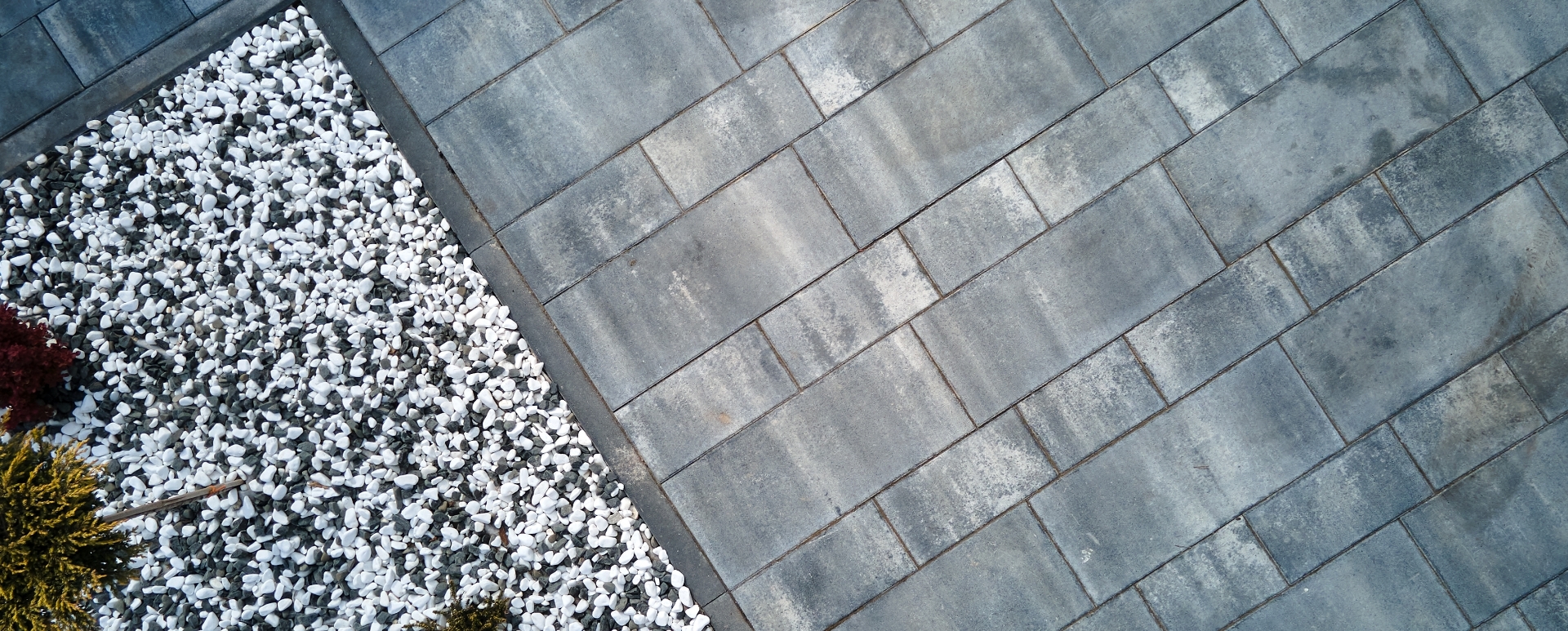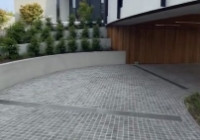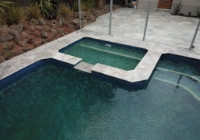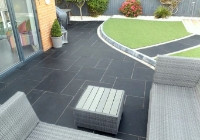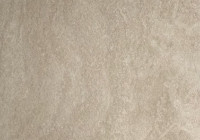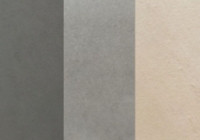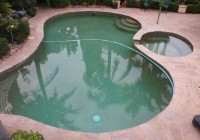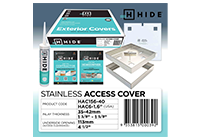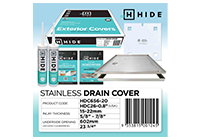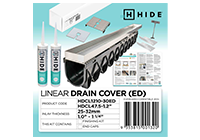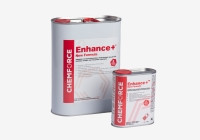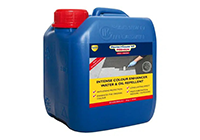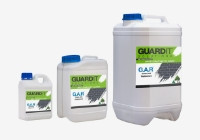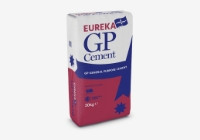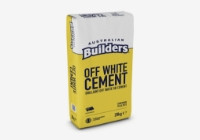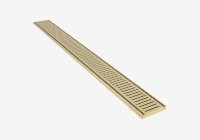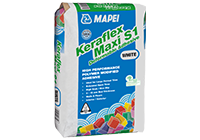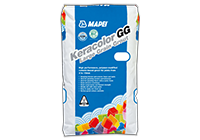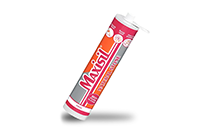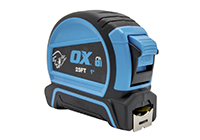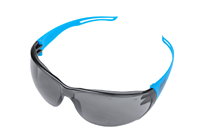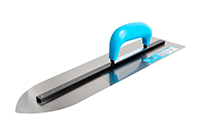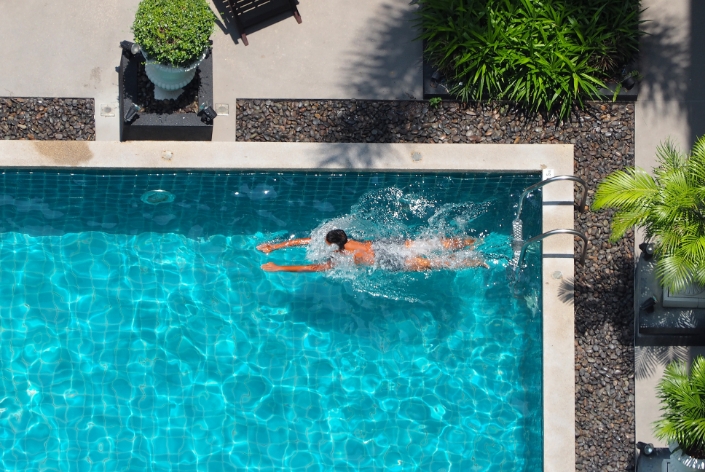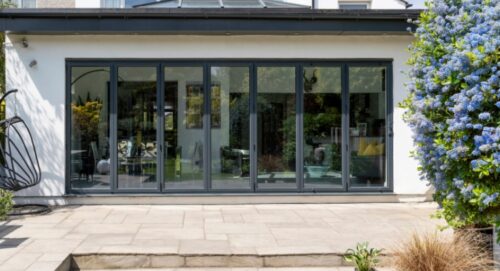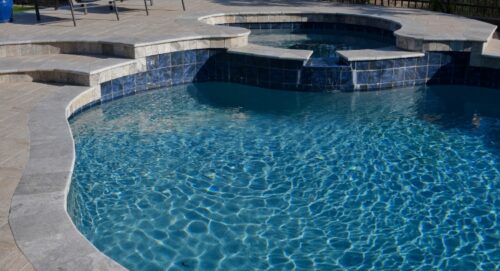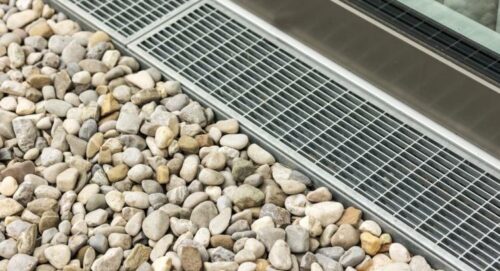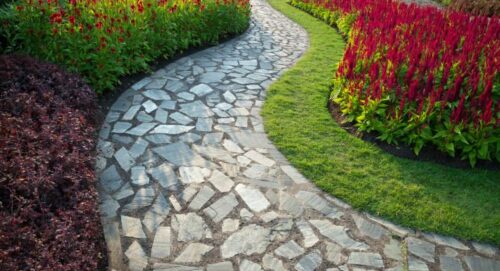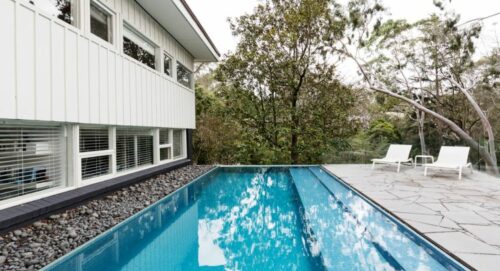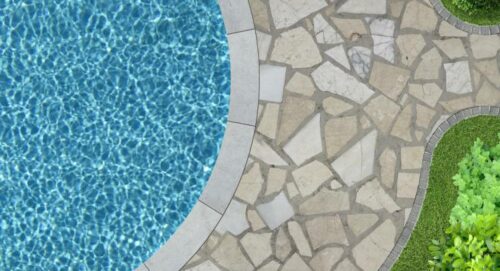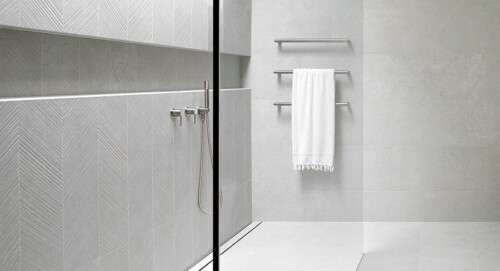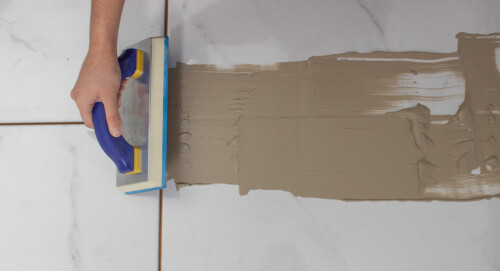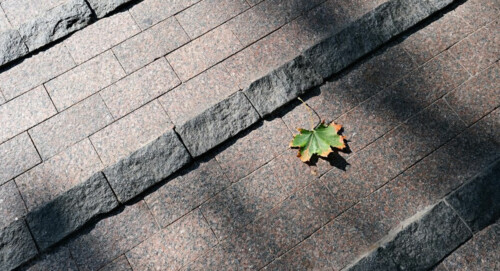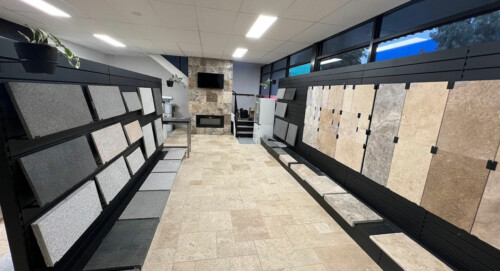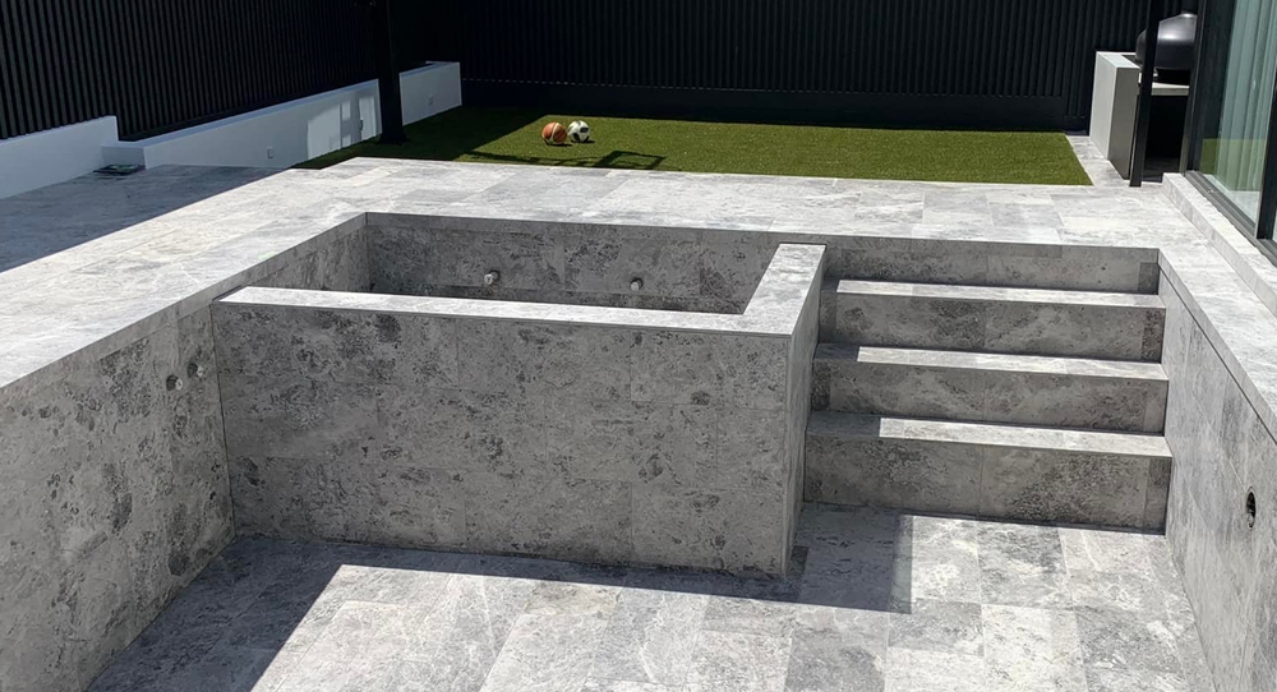
Regular cleaning and sealing of pavers is key to preserving the structural integrity and look, preventing common problems such as staining, weed growth, and accelerated deterioration.
Through a small investment of time and effort, proper maintenance will boost the appearance and lifespan of your pavers, and in turn, add value to your property. Let’s look at why and how to best care for your pavers.
Why Maintain Your Pavers?
When it comes to enhancing the aesthetics of your property, paver maintenance plays a role. A well-maintained paver surface not only adds value to your property but protects the structure of the pavers.
Staining is one of the most common problems that arise from neglecting paver maintenance. Over time, dirt, oil, and other substances can leave unsightly stains, detracting from your paver’s visual appeal. While some stains are relatively easy to clean, oil or rust may require specific cleaning products, which we will cover in detail later in this guide.
Weed growth is another issue that can emerge. Weeds can sprout in the spaces between your pavers, creating an unkempt appearance. These weeds can damage your pavers over time as their roots expand, causing the pavers to shift and become unsteady. Regular cleaning and sealing can prevent this weed growth and preserve your paver surface.
Speaking of shifting, exposure to weather elements can also cause your pavers to move out of place. Rain or even sun can affect the ground beneath your pavers, leading to shifting and potential damage. By sealing your pavers, you can protect them from these weather elements, ensuring they stay in place and continue to look great.
Regular cleaning and sealing are critical aspects of paver maintenance. Cleaning removes harmful substances that can damage your pavers while sealing protects them from future damage. It's important to choose the right cleaning and sealing products based on the type of your pavers and stains you're dealing with.
Why Seal Pavers?
Sealing pavers serves a dual purpose; it is both a protective barrier and a way to enhance the beauty of the stone. The sealant acts as a barrier, preventing staining agents from penetrating the paver surface. For example, cars can sometimes leak oil onto driveways. Without sealant, the paver would absorb the oil, leaving a hard-to-clean stain. But with a layer of sealant in place, the liquid beads up, allowing for easy cleanup.
Sealants also offer a layer of protection against the weather. Rain and the harmful UV rays of the sun can gradually erode pavers. Sealant reduces the weather's impact and prolongs the life of your pavers.
What are the aesthetic advantages of sealing pavers? Unsealed pavers can look dull and lacklustre, but applying sealant can enhance their natural colour, giving them a vibrant, rich tone that dramatically improves your property's curb appeal.
When choosing a sealant, consider the type of pavers you have and the desired finish. There are multiple options available, from porous stone sealers to dense stone sealers and those that darken surfaces. Each product has its unique characteristics and benefits, so it's crucial to make an informed choice.
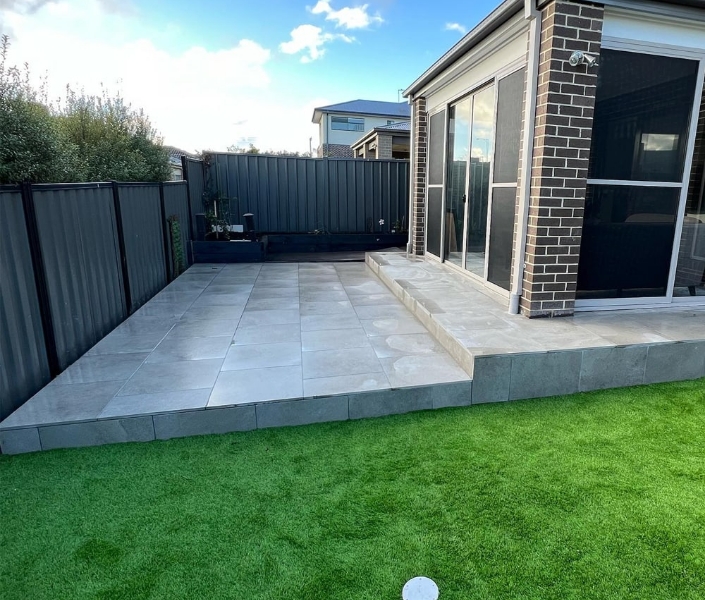
Cleaning Products: A Solution For Every Stain
Every stain is unique and demands a specialised approach for its removal. It's easy to be overwhelmed by the massive amount of cleaning products available in the market. However, when it comes to cleaning your pavers, choosing the right product is vital. You wouldn't want to be caught applying an oil stain remover to graffiti!
Organic stains are often caused by food spills, plant material, or even bird droppings. These stains, though not as stubborn as oil or rust, can still be tricky to remove if not addressed. For these stains, you'll need a product that can break down organic matter effectively. ChemForce Oxitec-M is a great solution. This cleaning solution is formulated to penetrate the organic stains and break them down, making them easier to wash off.
Rust stains require a different approach. They are often the result of metal objects left to weather on your pavers. Over time, these objects corrode, leaving an unsightly orange stain. GuardIT Rust Cleaner is your best bet. It's specifically created to combat and dissolve rust stains, restoring your pavers to their original look.
Oil or grease stains are difficult to remove. Caused by cars or other machinery, they can seep deep into the pores of pavers, making them challenging to remove. GuardIT Eco Degreaser is designed to tackle these stains. It penetrates deep into the pavers to lift out the oil or grease, leaving your pavers looking new.
Lastly, for graffiti stains, ChemForce GR2 is the product you need. This cleaner has been specifically designed to break down paint molecules, making it easier to wash away graffiti without causing any damage to the surface of your pavers.
It's essential to remember that while these products are effective, they should be used carefully and sparingly. Always follow the manufacturer's instructions and remember to test a small, inconspicuous area first.
While these products can effectively handle most stains, they are not perfect. Some stains may require multiple applications or even professional cleaning. So don't be disheartened if your pavers aren't sparkling after the first attempt. Patience is a virtue, after all!
Paver Sealers: the Perfect Choice for Your Pavers
Sealing is important, but the varying nature of stone pavers means sealing isn't a one-size-fits-all operation. It relies heavily on the type of paver and the desired finish you're aiming for. Let's examine the options at your disposal and decode the best fit for your pavers.
GuardIT Dense Stone Sealer, as the name suggests, is your go-to option for dense stone pavers such as granite or bluestone. This product is designed to penetrate the dense structure of these stones, offering a robust shield against stains and weather damage. The sealer enhances the natural colour of the stone, leaving a long-lasting sheen that adds to your pavers' aesthetic appeal.
On the other hand, GuardIT Porous Stone Sealer is tailored for more porous stone types like sandstone or limestone. Its advanced formula allows it to seep into the small pores and cavities present in these stones, providing a comprehensive seal. This not only prevents any liquid from permeating the stone but also hinders the growth of moss and algae, maintaining the pristine appearance of your pavers.
For those looking to enrich the colour of their stones, ChemForce Enhance+ is a brilliant choice. This sealer is known for its ability to darken the surface it's applied to, accentuating the hues of your pavers. It's a great fit for anyone aiming to achieve a dramatic, bold look.
A Quick Guide To Sealing and Cleaning Pavers
The process of cleaning and sealing is a key part of paver maintenance, involving a few crucial steps to restore the beauty of your pavers.
Stain Removal: The first step in the cleaning process is stain removal. Stains can be a disappointing sight on your pavers, detracting from their aesthetic appeal. They can come from various sources - dirt, mud, rust, oil, grease, food, plant material, and even graffiti. Choose the cleaner which best suits your concerns and stone type. It's important to follow the manufacturer's instructions accurately to ensure effective stain removal.
Rinsing: Next in line is rinsing. After applying the cleaning solution and scrubbing away the stains, you'll need to thoroughly rinse your pavers. The goal here is to wash away any residual cleaning solution and dislodged dirt or grime. A pressure washer can be particularly useful for this step, especially for larger areas. However, if you're dealing with a smaller space or delicate pavers, a garden hose with a spray nozzle should suffice.
Drying: Once the pavers are clean, it's time to let them dry. This is a crucial step that many homeowners tend to overlook. Applying sealer on damp pavers may trap moisture, leading to a hazy or cloudy appearance once the sealer dries. You should allow your pavers to completely dry before proceeding to the next step. Drying time can vary depending on the weather and the type of pavers, but typically, waiting 24 hours should be enough.
Sealing: The final step is sealing. Sealing your pavers enhances their colour, prevents stains, and protects them against weather damage. It's like applying a protective coat that helps maintain their beauty and durability. However, choosing the right sealer is essential. As we've mentioned earlier, the type of sealer you choose depends on the type of stone and the desired finish.
Frequently Asked Questions on Paver Maintenance
Is it really necessary to clean stains from pavers?
Absolutely! While some may view stains as harmless, they can actually lead to long-term damage. The staining materials can gradually break down the paver's surface, leading to cracks and erosion. Moreover, stains can significantly tarnish the aesthetic appeal of your property. So, yes, cleaning stains from pavers is not just about maintaining their appearance, it's also about preventing damage and preserving their durability.
How often should pavers be cleaned and sealed?
The frequency of cleaning and sealing pavers is influenced by multiple factors, including their usage and exposure to weather elements. On average, pavers should be cleaned and sealed every 2-3 years. However, if your pavers are exposed to high traffic or harsh weather conditions, more frequent maintenance may be required. Remember that timely maintenance can extend the lifespan of your pavers and keep them looking their best.
Is it OK if it rains after sealing pavers?
Rain following sealing can be a major issue. The sealer needs ample time to cure and form a protective layer over the pavers. Rain can wash away this layer before it gets a chance to fully set, rendering the process ineffective. Always check the weather forecast before commencing the sealing process. Ideally, choose a dry day with no rain expected for at least 24 to 48 hours post-application.
What are the cons of sealing pavers?
While sealing provides numerous benefits, it's not without a few downsides. One potential drawback is that sealed surfaces can become slippery when wet, posing a safety hazard. This can be mitigated by choosing a sealer with a non-slip additive. Secondly, sealing is not a one-time process. It requires regular re-application to maintain its effectiveness. However, by choosing a high-quality sealer and following the correct application process, these cons can be significantly minimised.
Get Paver Cleaning and Maintenance Supplies In Melbourne
Regular paver maintenance is not just a cosmetic enhancement. It is a strategic investment in the longevity of your home. Whenever you’re doing some home maintenance, remember to give your pavers the attention they deserve. With the right approach and products, you can ensure your pavers continue to add value and charm to your property for years to come.
For high-quality paver cleaners and sealers, as well as friendly and knowledgeable advice, Paver Shop is here to help. With 20 years of experience and over 1000 projects under our belt, there’s no better paving company to contact for all of your paving needs. To get advice from our team or receive a free quote on our services, contact Paver Shop on 03 9462 4325 or through our online form. Have your pavers looking their best again!
